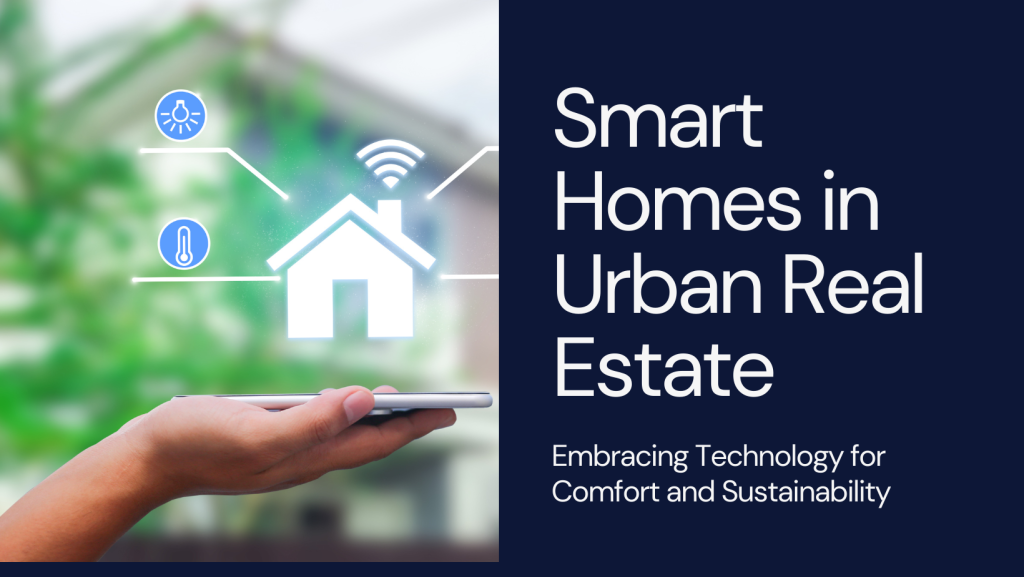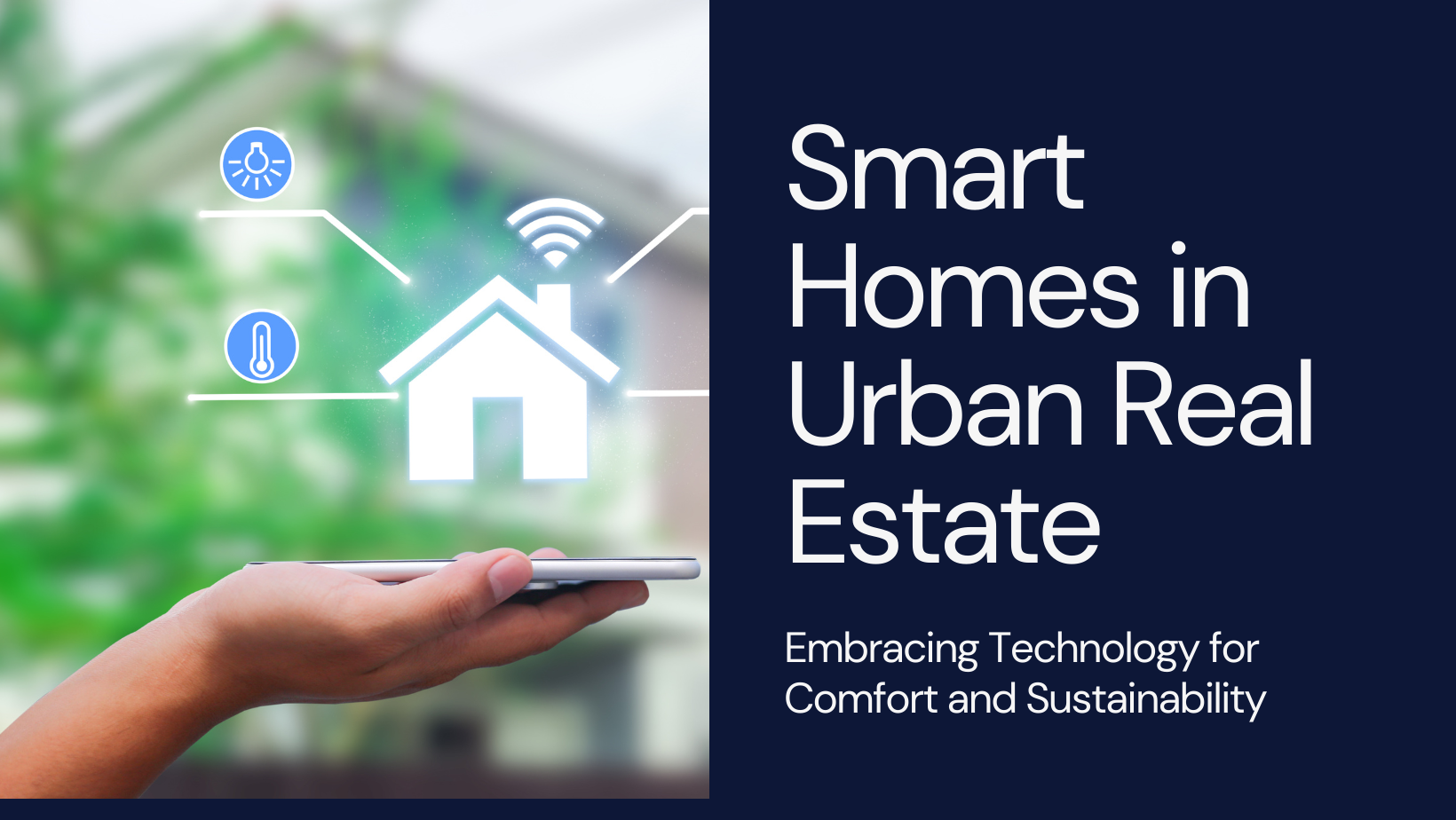As the world gets more urbanized by the day, smart homes are starting to take over the real estate market. These cutting-edge living areas provide occupants with previously unheard-of levels of comfort, convenience, and security thanks to their networked equipment and systems.
Modern technologies like artificial intelligence (AI), machine learning, and the Internet of Things (IoT) are used in smart homes to automate a number of daily tasks. These features improve living conditions while cutting down on energy use and utility bills. They include remote appliance control, energy monitoring, and interior climate optimization.
The capacity of smart homes to adjust to the changing requirements of city people is one of their main advantages in urban settings.
For instance, smart lighting systems can create the ideal atmosphere for various activities, such as working or relaxing, while smart thermostats may regulate the temperature based on occupancy patterns.
Additionally, by encouraging eco-friendly behaviors, smart houses add to the sustainability of urban living. Residents may reduce their environmental impact and help create a more sustainable future by keeping an eye on their energy usage and making the most use of the resources available to them.
It is anticipated that demand for smart homes will surge as urbanization continues to accelerate. Increasingly, real estate developers are incorporating smart technologies into their properties to draw in tech-savvy clients and set themselves apart in a crowded market. In the end, smart houses signify a fundamental change in how we live and engage with our built environment, not merely a fad.


